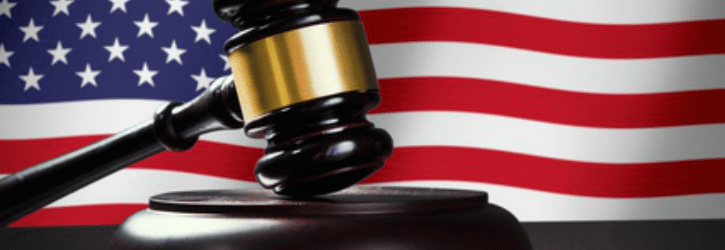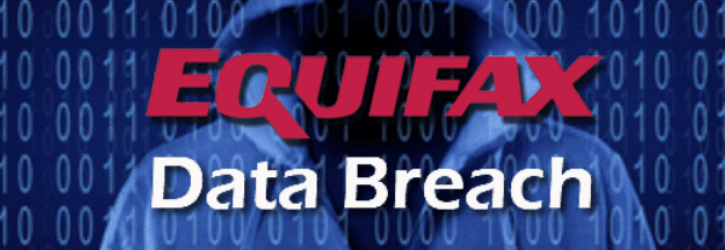Welcome To The Data Leak Lawyers Blog
We focus on the latest news surrounding data breaches, leaks and hacks plus daily internet security articles.
We focus on the latest news surrounding data breaches, leaks and hacks plus daily internet security articles.

At first, Equifax indicated there were some 300,000 UK victims of the Equifax cyber-hack, which then grew to 400,000, and eventually almost 700,000.
Now, we know Equifax has sent out warning letters to more than 860,000 of their UK customers, and we expect our client numbers to grow as more people are potentially able to join our Equifax action and claim compensation.
That’s more than double the original estimation, but this kind of thing is not uncommon at all. In fact, it can be incredibly hard to know exactly how many people are affected by a cyber-hack initially, and in some cases, it can be hard to know the exact numbers at all.
read more

New information from the Big Brother Watch privacy group suggests that local authorities are still failing to report data protection breaches. In May 2018, the new GDPR legislation will come into force and councils will have to abide by regulations that will make the reporting of many data protection breaches compulsory.
But, aside from the impact the new laws may have, we cannot avoid the underlying issue here. With estimations that UK councils have been hit by almost 100 million cyberattacks in the last five years, the fact of the matter is that sensitive data is vulnerable in their hands.
read more

Hundreds of confidential files have been found abandoned in a former office that had recently been vacated by the organisation Change, Grow, Live (CGL).
The entirely avoidable data leak included highly-sensitive records and documents involving vulnerable adults and children; i.e. confidential data that should be completely secure and never left open to being accessed without appropriate authority.
According to reports, files had literally been left behind after CGL vacated the premises.
read more

The U.S. reported a discovery of 246,000 sensitive personal records belonging to Department of Homeland Security (DHS) employees on a home computer owned by an employee. The department and its employees have a vital mission to “secure the nation from the many threats” the U.S faces.
One can only wonder if they ever suspect their own colleague to be a major security threat to their personal lives…
This, let’s face it, is the kind of thing we do not want to hear about. Although this story hails from across the pond, we’ve had our own issues of a similar nature of course. The Heathrow USB stick incident springs to mind.
read more

Creator and founder of HaveIBeenPwned.com, Troy Hunt, discovered yet another data dump last year. This one reportedly contained personal data belonging to millions in this staggering South African data breach.
At the time of discovery, the information was available from an online public database back-up file and even came with a smaller compressed version. Anyone on the site could download the information.
read more

The University of East Anglia (UEA) was met with anger and disappointment from students and the general public when it was revealed that a member of staff made a horrific error when they sent out a spreadsheet listing named students’ extenuating circumstances. The spreadsheet identified some 40 students by name and student ID numbers, and had their private and confidential information right next to their names.
The spreadsheet showed which students were entitled to things like longer deadlines as their extenuating circumstances included personal matters such as family illnesses and bereavements; mental health problems, including depression; and even sexual assaults.
read more

According to multiple sources, a significant number of Equifax customers have been targeted by criminals after their personal information was stolen in the massive Equifax breach. Unwilling to take the hit for Equifax’s incompetence and negligence, many are bringing a major class action claim in the U.S. to recover their losses.
We’re representing a large number of people who have come forward to seek compensation for the Equifax breach here in the U.K. as well. We firmly believe that victims should be entitled to compensation in a case of this nature.
read more

The Supreme Court justices were engaged in a lively debate over whether the government and law enforcement should be able to access huge amounts of digital data without a warrant. A majority of those involved in the debate appeared to agree that it would be very concerning and goes against data protection rules.
The U.S. Fourth amendment was mentioned a few times, citing an individual’s right to be protected from, “unreasonable searches and seizures by the government”. However, the key element here is whether a search is reasonable or unreasonable.
read more

Equifax’s recovery could be long and arduous after the gigantic data breach that saw around 143 million people have their confidential and personal information exposed.
Following the company’s attempts to clean up the mess, some believe that it may take much longer than expected to recuperate from the fallout of the breach. Unsurprisingly, one of the firm’s first actions was to follow the customary move of firing the CEO (with a cushy multi-million pension to boot) and hire a new one to take charge and sort out the problem. But when new CEO Paulino do Regos Barros Jr. was asked in a recent interview whether consumer data was now encrypted, many cringed when he was stumped and admitted: “I don’t know at this stage”.
Not the best start…
read more

We hear about data breaches all the time, and we see the reactions by offending companies as they try to provide what may appear to be “politically-drafted” apologies to the thousands of victims they have potentially harmed.
But what about on the long run? How does a company repair the broken trust, confidence and loyalty of their consumers?
For a hotel, the recovery can be even more painful: as we’ll see in the example of the Hyatt Hotel breaches.
read more
Fill out our quick call back form below and we'll contact you when you're ready to talk to us.